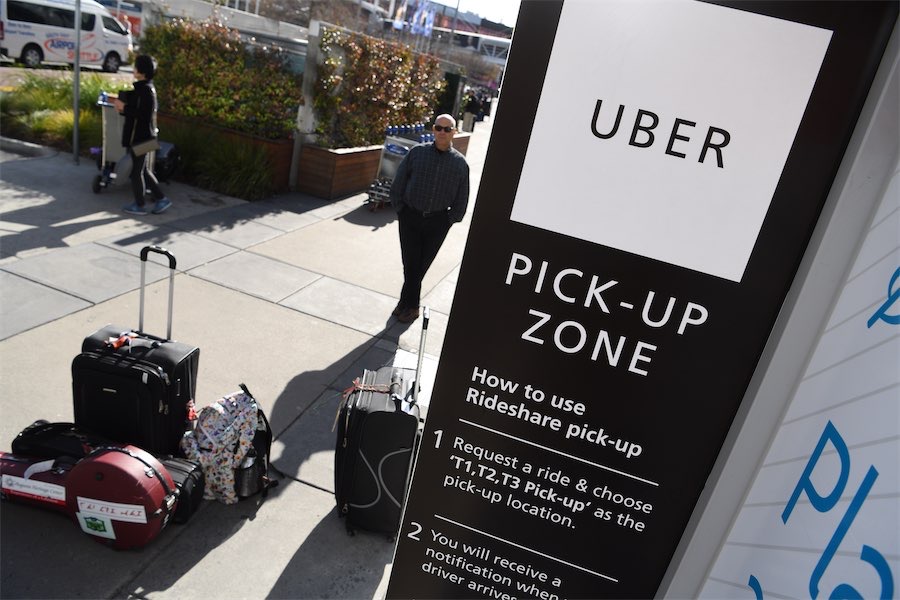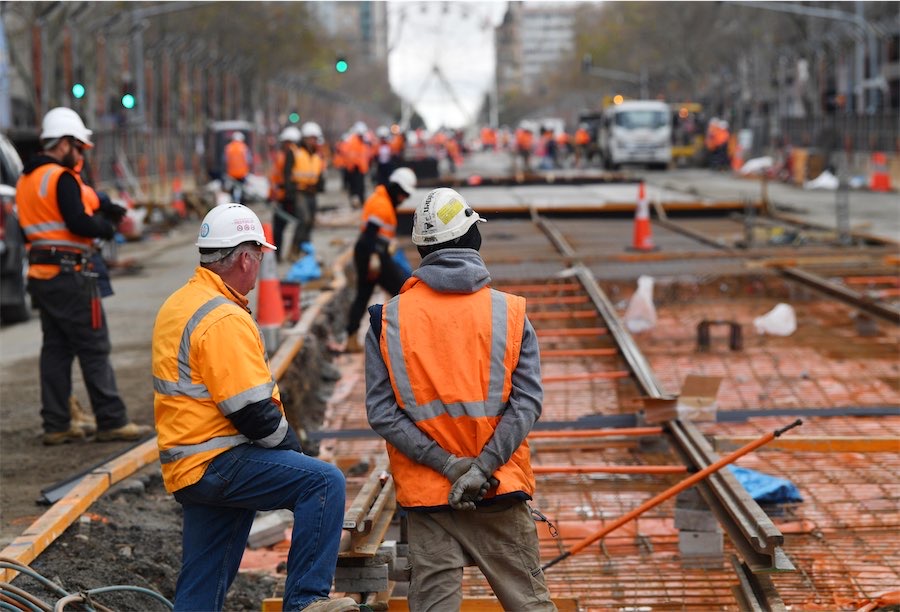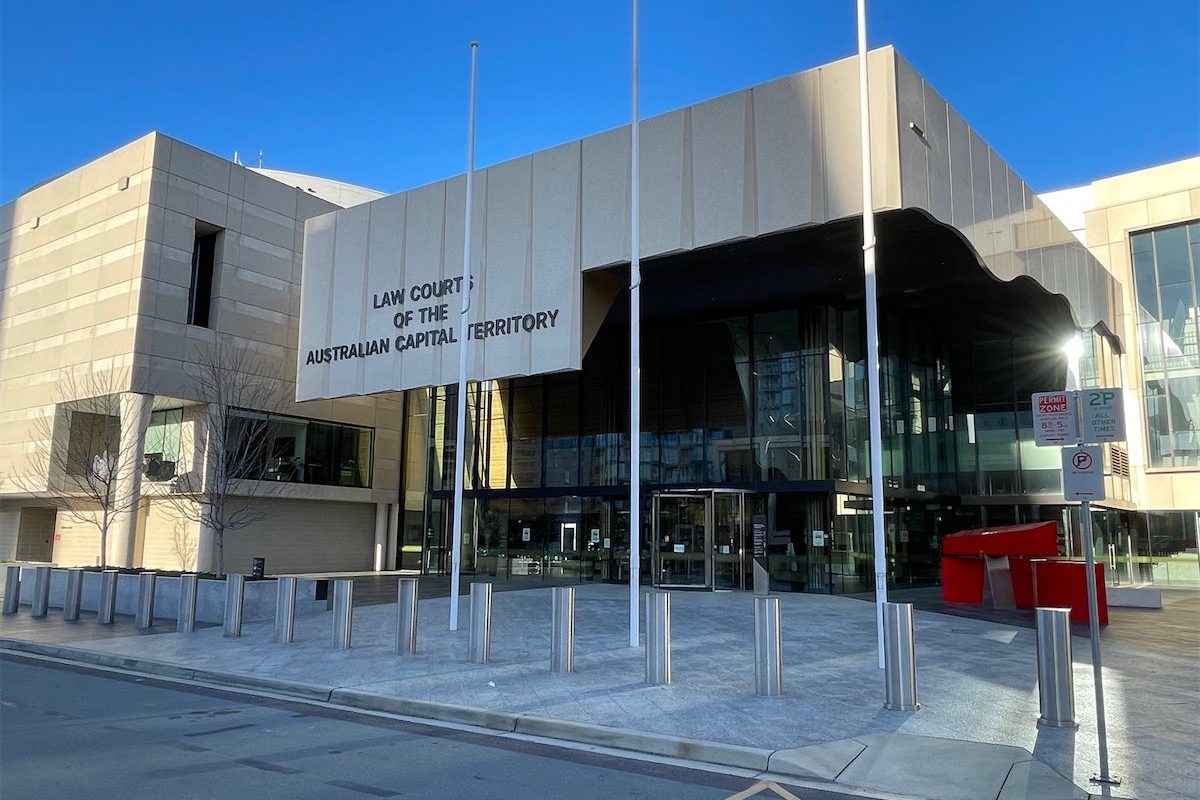
By Cassandra Morgan in Melbourne
Uber will cough up almost $272 million to compensate taxi and hire car drivers who lost out when the rideshare company “aggressively” moved into the Australian market.
A class action against Uber was expected to go to trial in the Supreme Court of Victoria on Monday but Judge Lisa Nichols vacated it after the rideshare giant agreed to the mammoth $271.8 million settlement.
It was the fifth-largest class action settlement in Australia’s history and came after what Maurice Blackburn Lawyers described as five “gruelling” years since it launched the legal battle on behalf of more than 8000 taxi and hire car owners and drivers.
The drivers and car owners lost income and licence values because of Uber’s aggressive arrival into the market and the company tried to deny them compensation at every turn, Maurice Blackburn principal lawyer Michael Donelly said.
The Supreme Court has to formally approve the settlement before it is ultimately paid out.
“To our group members in the Australian taxi and hire car industry – your story is an Australian story,” Mr Donelly said outside court on Monday.
“You run family, mum and dad businesses, passed down from generation to generation.
“You have been … the landing spot for generations of new Australians in this country who have sought to gain an economic foothold.
“When Uber rolled into town, they said the game was up and it was your turn to be disrupted in the new economy – but you knew right from wrong, legal from illegal, and you took action to defend yourselves.”
Lawyers argued Uber X launched in Australia with the intention of hurting local taxi and hire car drivers.
The company also used unlicensed cars with unaccredited drivers in a “conspiracy by unlawful means”, misled regulators and geoblocked authorities, lawyers claimed.
Lead plaintiff Nick Andrianakis, a former longtime taxi driver, said the settlement agreement was a win for the industry after it was “decimated” by Uber’s actions.
An Uber spokesman described taxi and hire car drivers complaints, the subject of the class action, as “legacy issues”.
Ridesharing regulations did not exist anywhere in the world when the company started more than a decade ago.
Today, Uber is regulated in every Australian state and territory and governments recognise the company is an important part of the transport mix, the Uber spokesman said.
“The rise of ridesharing has grown Australia’s overall point-to-point transport industry, bringing with it greater choice and improved experiences for consumers, as well as new earnings opportunities for hundreds of thousands of Australian workers,” he said.
“Since 2018, Uber has made significant contributions into various state-level taxi compensation schemes, and with today’s proposed settlement, we put these legacy issues firmly in our past.
“We will continue focusing on helping the millions of Australians who use Uber get from A to B in a safe, affordable and reliable manner.”
The class action succeeded where other cases had failed, including some brought in Victoria, Queensland and Western Australia against state governments, Mr Donelly said.
The Supreme Court is expected to look at an approval application for the class action settlement in April.
Another non-class action proceeding, brought on by Taxi Apps Pty Ltd, remains on foot and is expected to go to trial in the coming weeks.
Who can be trusted?
In a world of spin and confusion, there’s never been a more important time to support independent journalism in Canberra.
If you trust our work online and want to enforce the power of independent voices, I invite you to make a small contribution.
Every dollar of support is invested back into our journalism to help keep citynews.com.au strong and free.
Thank you,
Ian Meikle, editor





Leave a Reply